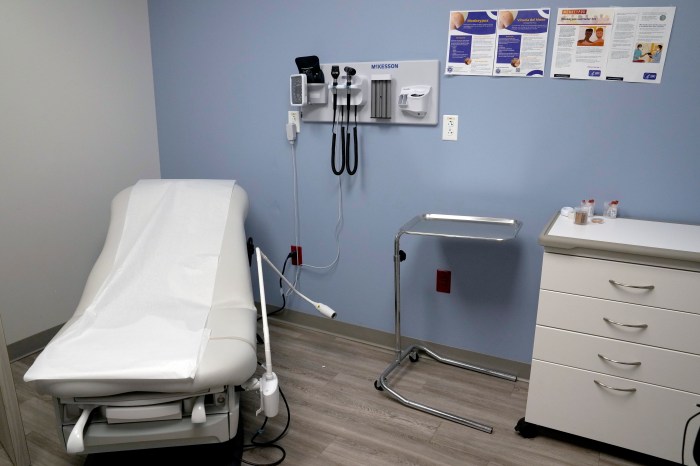If you’ve ever suffered from anxiety, you know how overpowering the feeling of dread and nervousness can be, sometimes to the point that you find you can’t concentrate on anything else. But according to a new study published in the journal Brain Sciences, the intensity of anxiety may make your memories more vivid.
“It gives you a heightened sense of awareness and makes you attuned to details you wouldn’t be otherwise,” co-author Myra Fernandes, professor of psychology at the University of Waterloo in Canada, told Time.
That’s to a point, of course. When anxiety levels get too high, they can become debilitating and have the effect of casting an overly negative and emotional tint to an experience.
For the study, researchers from the University of Waterloo asked 80 undergrad psychology students, (excluding those who had been diagnosed with clinical anxiety) to fill out a questionnaire describing their daily experience with anxiety. They were then categorized by the intensity of their symptoms, with one group deemed “low anxiety” and the other “high anxiety.”
Each group was shown a set of words overlaid onto images, some negative and some positive. They were later asked to recall the words from memory. While both groups were able to remember roughly the same number of words, the high anxiety group had better recall of the selection paired with negative images.
This suggests that the emotional context of an experience may help imprint it onto memory. But again, that association could also lead to a distorted, overly negative view of a past event. This probably rings a bell for anyone who’s been accused of seeing the worst in a situation.
“Thinking about emotional events…might put you in a negative mindset that can bias you or change the way you perceive your current environment,” said Christopher Lee, a psychology Ph.D. candidate at Waterloo.
He concluded that it’s important to “be aware of what biases you might bring to the table” and “how that might ultimately shape what we walk away seeing.”



















